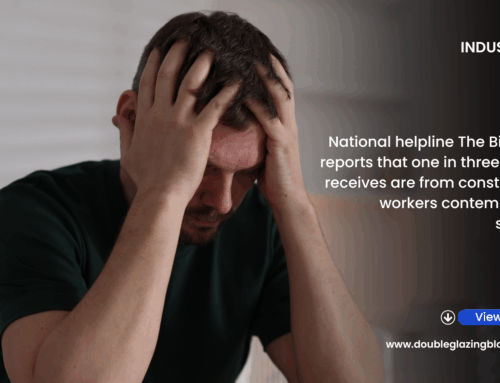Ever heard of the term “creative destruction” in the world of economics? It’s a theory by Austrian economist Joseph Schumpeter in which he explores the idea that shocks to an economic system can actually cause growth rather than disaster. I saw a piece on the BBC the other say which mentioned Mr Schumpter and his theory and wondered if it could apply to Brexit.
For clarity, Brexit is not a disaster. The UK economy is not facing crisis, it’s not even facing a recession. If you want to look back at a crisis you only need to go back to 2008 and 2009 for the Great Recession which stemmed from the collapse of Lehman Brother, causing the near destruction of the global financial system. We’re not facing anything like that in the coming year. But we are facing change. The world is facing change. And we have two options. Sink or swim.
Joseph Schumpter’s theory is in essence is that a potential crisis can cause growth in a country simply because it absolutely has to work. There is no other alternative. It’s make it work or fail. It’s only when we face crisis that we truly become motivated and energised, rethinking ourselves and our business models to come out the other side successful. This, perhaps to a less apocalyptic degree, is what we’re facing with Brexit.
The glazing industry during the Great Recession
This theory is not always a proven one. But there are localised examples closer to home that point to this theory working.
Looking back at the Great Recession and the effects it had on our glazing industry, it was certainly a severe period for the sector. A lot of companies went to the wall during that time. The UK economy suffered serious contraction across all sectors. However, there were some companies in our industry that instead of hoping to ride the rough times out, reinvented themselves. Introduced new products to their ranges in a search for new revenue streams. Diversification was the word of the period, and for those who did, they came out the other side looking a whole lot better, and crucially, a lot more profitable.
In 1992, Britain withdrew the Pound from the Exchange Rate Mechanism. There were many who predicted the UK economy would suffer badly. The day Sterling was withdrawn it was known as Black Wednesday. It was estimated that the UK economy lost £3.3bn due to the withdrawal. After that, much of the predictions were for the UK to suffer. Instead, we went through a decent period of growth. The Pound’s value rose after falling initially, inflation was steady and the negative predictions failed to materialise. Creative destruction at work?
It doesn’t always work that way. Generally speaking the 2008 crash was painful for much of the world, not just the UK. However, I believe that creative destruction can work, perhaps on a domestic level. As we speak, the UK is facing a critical junction in it’s path forward. Donald Trump has decided to go insular and protectionist in his outlook. In comparison, Theresa May has gone the total other direction, choosing to open Britiain up to the world, to forge a path where the end goal is for Britain to become a leading global trading power to ensure the British economy grows strongly and in a more balanced fashion. We’ve come to this decision because of Brexit, a juggernaut of a change to our country. If the referendum had not happened, the path we find ourselves on now would simply not be. This for me is creative destruction, or at least the basis of it.
Seizing an opportunity, at home and abroad
I’m a glass half full kind of person, and I think Brexit is going to throw up opportunities that we should look to make they very most of, at home and abroad.
As we’re leaving the European Union, we will be free to strike our own trade deals with individual countries around the world. Preliminary discussions have already taken place with a number of countries around the world. So although we can’t actually sign officially on the line for any deal, as soon as we have officially left, these deals could be enacted. And they need to be. We cannot afford a period of nothing after we leave. We need to hit the ground running as quickly as possible.
It’s also worth remembering that while the value of Sterling is lower, it makes our export products more attractive to foreign buyers. If we’re going to become a big trading and exporting nation, we don’t want Sterling to rise back to $1.50 all that quickly.
There are things to be done at home too. Big infrastructure projects around the country, not just in London or the South East, will help boost local economies and create job growth. Housing should be a priority too, with a focus to increase building and unlock lands held by councils to be used. The tech industry needs boosting well. It was at the CES 2017 show where it was mentioned the UK tech scene is lagging way behind other countries around the world. We could do with boosting technology around the country, including things like 5G development, to help us compete on the world stage.
We are going to look a very different nation economically once we come out of the other side of Brexit. Hopefully, it will be a prosperous one, that brings strong and balanced growth across the country. It won’t be easy. We will have to do deals with people and countries we don’t always have a rapport with. But we have a responsibility to ensure the UK benefits out of the situation it finds itself in.
Creative destruction. Perhaps a theory we might hear more of as we travel down the Brexit road.
To get weekly updates from DGB sent to your inbox, enter your email address in the space below to subscribe:







